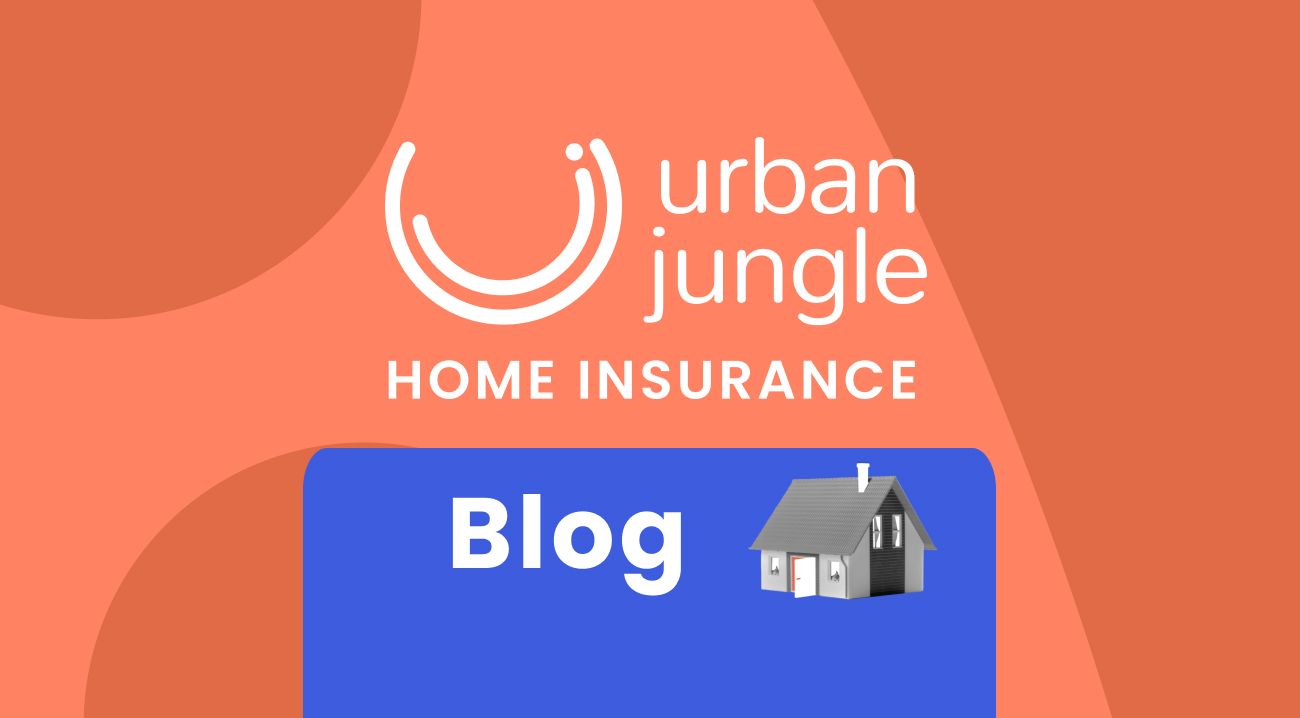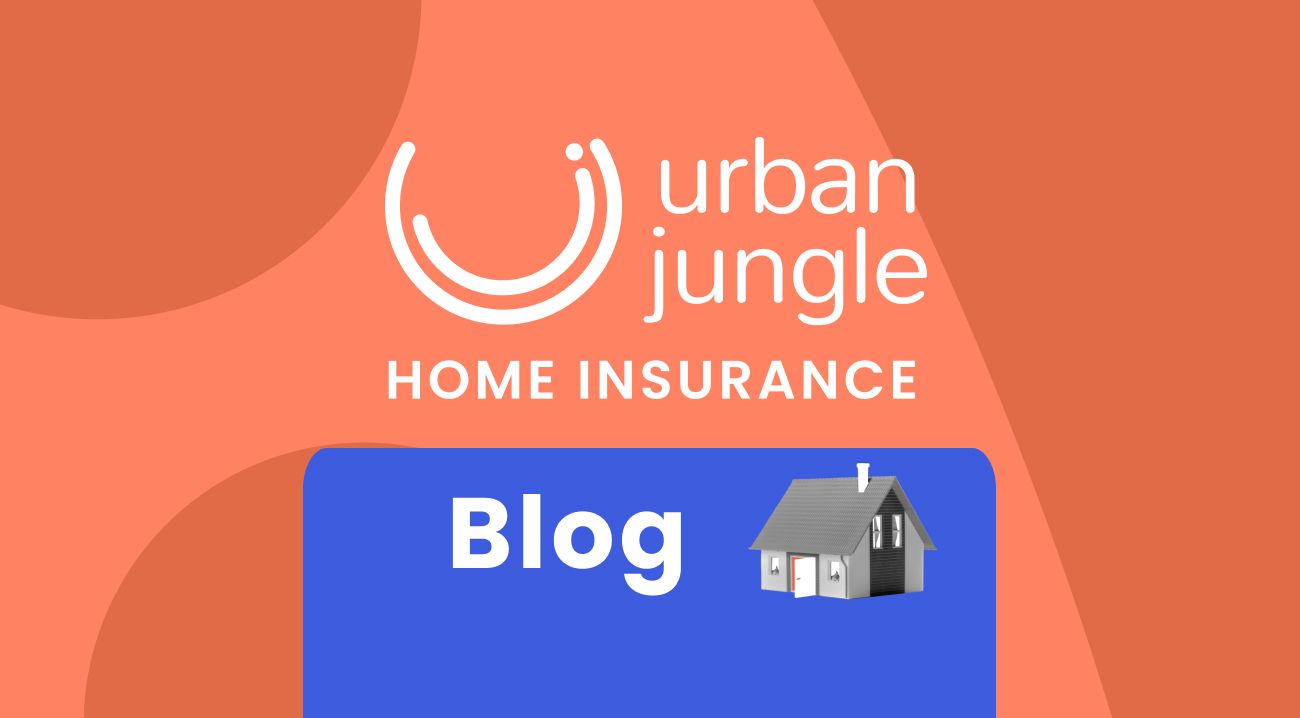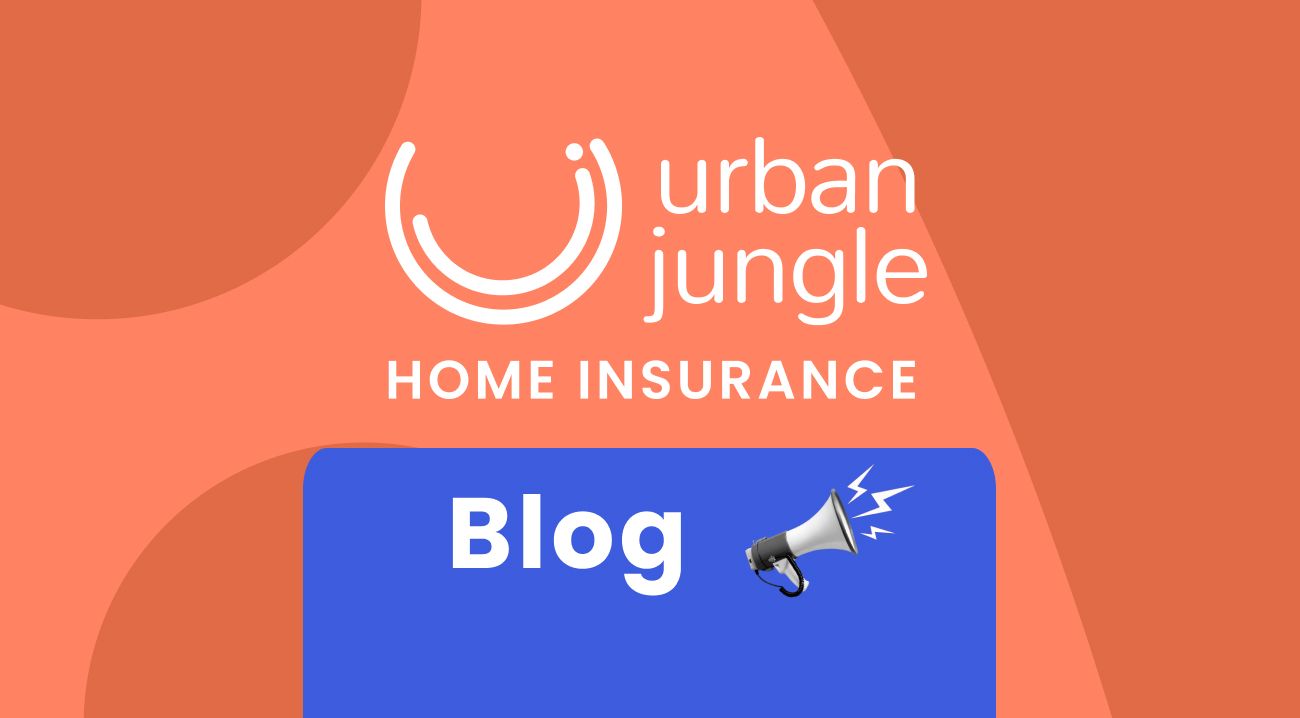Landlord property inspection checklist UK

Landlord property inspection checklist UK
When you get the message from your landlord that they’ll be round to check on the property soon, it can sometimes feel nerve-wracking. What are they going to check? Do they always inspect property? Have you done something wrong?
The good news is that if your landlord is coming to do a property inspection, it doesn’t mean they think you’re up to no good. Property inspections are a regular part of a tenancy. So what do landlords look for in an inspection? And when do they happen?
What are property inspections?
Property inspections are when the landlord or letting agent visits a rental property. They will look around the place to check on its condition, see if anything needs fixing, or whether there is anything they need to raise to the tenants. If they find anything broken they might add it to a property inspection report and organise for it to be fixed. It’s worth noting that if the damage was your fault, it might come out of your deposit, or you might be the one to receive a bill.
The reason these inspections are done is to periodically check in throughout the tenancy to make sure nothing’s out of place. They also give the landlord a chance to catch anything that could turn into a bigger problem. So that damp that’s growing behind the cupboard in your bedroom? They’ll want to stop that before it gets any worse. As it’s your responsibility as the tenant to report things that need your landlord’s attention, there shouldn’t be too many surprises when your landlord comes around.
Like any time your landlord or letting agent plans on entering your home, if they’re going to do an inspection they’ll need to give you notice. Ideally, the notice would be given in writing and you’ll have a chance to confirm it’s okay. At a minimum, they should give you a 24-hour warning before their visit, but in a perfect world, you’d be given up to a week’s notice before an inspection.
When are property inspections done?
Property inspections will take place from time to time over the course of a tenancy. Before you move in, there will be an inspection to record the condition of the property at the start of your tenancy. This will be recorded in your inventory, so it’s really important to read through it closely before you sign off on it - it could save you when it comes to getting your deposit back!
At the end of your tenancy there will also be another thorough property inspection by your landlord. The idea here is to check whether the place is in the same condition as it was when you moved it. It excludes any fair wear and tear that might have occurred, but anything else that might be damaged could come out of your deposit.
Other than the inspections at the start and beginning of your tenancy, your landlord or letting agent will probably do some more inspections from time to time. At the start of your tenancy this could be every three months or so. But if you have a longer-term tenancy and can build some trust with your landlord they might decide to do them less often.
Required safety and compliance checks
So now you’ve got the lowdown on what property inspections are, let’s get into what they’re actually going to check. Starting off, there are some check that they will be required to do by law and are important as part of their responsibility to provide a safe environment.
Electricals. They’ll need to go through and check that the sockets and light fittings in the property are safe and undamaged. Electricals can be quite a big hazard, so if they do find anything that’s a problem it’ll need to be fixed quickly. They’ll also need to get an EICR inspection done at the start of your tenancy and every five years otherwise.
Smoke alarms and CO detectors. It’s pretty clear why smoke alarms and CO detectors are important in safety checks - they’re definitely not something you’ll want to find not working. Your landlord should have a look and change any batteries if they’re in need of replacing.
Heating and hot water. This should go beyond just running the hot tap and checking that it feels warm - your landlord will probably be checking on the boiler too. As good practice, boilers should be serviced every year, so if it’s been a while they might also organise this.
Fire escapes and doors. As a rule, any fire escapes should be kept clear and fire doors kept shut. So if you’ve propped a fire door open to get a bit of a breeze through your kitchen? That’ll need to be shut.
Appliances. Your landlord or letting agent should have a checked all your appliances to make sure they’re working or if they need any repairs. That’ll be things like your washing machine, fridge, or oven.
If you’re a landlord looking for some top tips, why not consider getting Landlord’s Insurance. At Urban Jungle our policies are simple, clear and fair. You can get a trusted quote in minutes.
Keeping the property in good condition
Beyond the regular safety checks your landlord will be making, they’ll also be looking to see if you’re keeping the property in good condition. Here are some of the things they might check for:
Damp and mould. Whether it’s dark patches on the wall or the tell-tale musty smell, damp and mould can be pretty gross. And if it’s left for too long it can be quite difficult to deal with. Your landlord will definitely want to check whether there’s anything that shouldn’t be growing in the property.
Bad cleaning. A landlord cleanliness inspection will basically be checking that you’re doing the regular bits and bobs around your home to keep it in good nick. That could be descaling the shower from time to time, giving the toilet a scrub, or making sure the kitchen’s not dirty.
Pests. This is something that can tie into your cleaning habits. It could be something small like crumbs leading to a trail of ants, or something bigger like a cockroach colony. Your landlord will be on the lookout for signs of pests. This could be things like animal dropping, plant damage, tracks, or some new holes or crack in your home.
Garden. If you’re not sure whether the garden in your rental property is your responsibility, it’s a good idea to check your tenancy agreement. If it turns out it is up to you, you’ll probably need to take care of general upkeep. That’ll be things like doing some weeding or trimming back plants and shrubs if they get overgrown.
Blocked drains and leaks. They’ll generally be checking if there’s anywhere water could get in from the outdoors or dripping where it shouldn’t be. This could be cracks in the roofs or a toilet cistern that’s dripping. When it comes to blocked drains, however, you’ll usually smell them before you see any water. Your landlord will want to check what’s caused the block and whether you as the tenant are pouring anything down the drain that could be making it happen.
A few final tips…
A final thing your landlord might be on the lookout for when they come for your property inspection is any signs you’ve broken your tenancy agreement. There might be specific clauses in your agreement, but generally, they’ll be keeping an eye out for signs of:
- Smoking indoors
- Illegal activity
- Illegal sub-letting
- Pets
Although it might seem a little daunting, a landlord property inspection isn’t something to be too worried about - but going through this list and doing an extra clean before they come round is never a bad idea. Good luck!
Urban Jungle is not a financial advisor and information in this article should not be taken as advice or recommendation.





